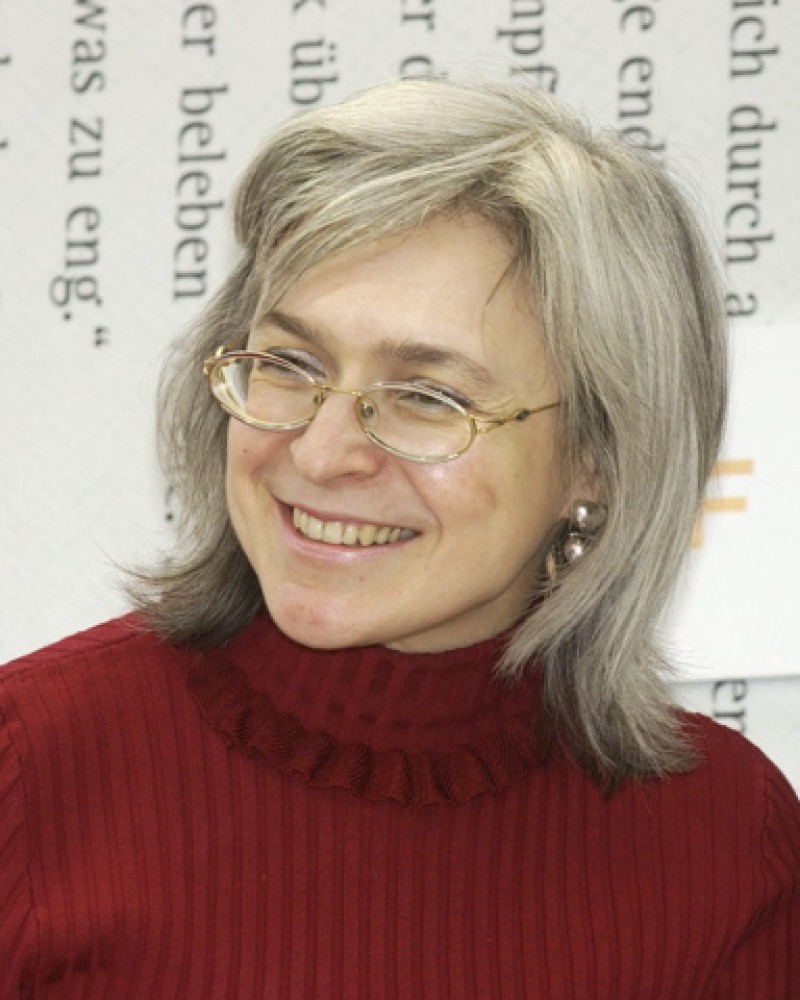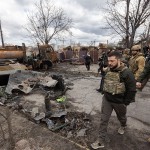The journalist who antagonized the government with her reports from the Chechen war was murdered in the elevator of her building in 2006. The assassination attracted international attention and in 2014, five men were sentenced for the murder, although it remains unclear who ordered the hit.
Six of the 14 deaths listed in the JFJ report were qualified as murders, while another eight were qualified as “suicide, fatal accident, sudden unexplained death and fatal physical attack.”
The “Attacks Against Journalists and Media Workers in Russia” report says that 70 publicised incidents were reported in 2017, while the number more than doubled in the first nine months of 2019 to more than 160 attacks.
The quantitative analysis, as the JFJ announced, was focused on 435 attacks and threats against Russian journalists and has included data collected from the Russian and English language open sources and verified “by the expert survey of 100 media workers.”
The report has exposed “attacks by the authorities and/or via legal and economic mechanisms as the prevailing type of attacks against media workers in Russia.”
The main source of threats for Russian media workers, according to the report, are “representatives of authorities, whereas the prevailing methods of their attacks against journalists include arrests and detentions, criminal and civil prosecution, searches, questioning and incarceration.”
The JFJ report, as the organization said, is just a beginning of a larger research into attacks against media workers - journalists, bloggers, camerapersons, photographers and other managers and employees of both traditional and citizen media in the 12 post-Soviet states from 2017 to 2019.
Mikhail Khodorkovsky, the founder of the Open Russia pro-democracy movement and Amnesty International-recognized prisoner of conscience, together with Leonid Nevzlin, a member of the Standing Committee of the Free Russia Forum, established in 2018 the Justice for Journalists foundation, following the murder of three Russian journalists - Kirill Radchenko, Alexander Rastorguev and Orkhan Dzhemal - in July 2018 in the Central African Republic.
The JFJ, as its founders said, was set up “to investigate violent crimes against journalists who have been targeted as a result of their professional duties.”
Russia ranks 149th, out of 180 countries at the 2019 World Press Freedom Index of the Reporters Without Borders (RSF).
The rank is a result of the country’s draconian laws and website blocking, as well as constantly increasing pressure on independent media in a climate “that has become very oppressive for those who question the new patriotic and neo-conservative discourse, or just try to maintain quality journalism,” according to RSF.






